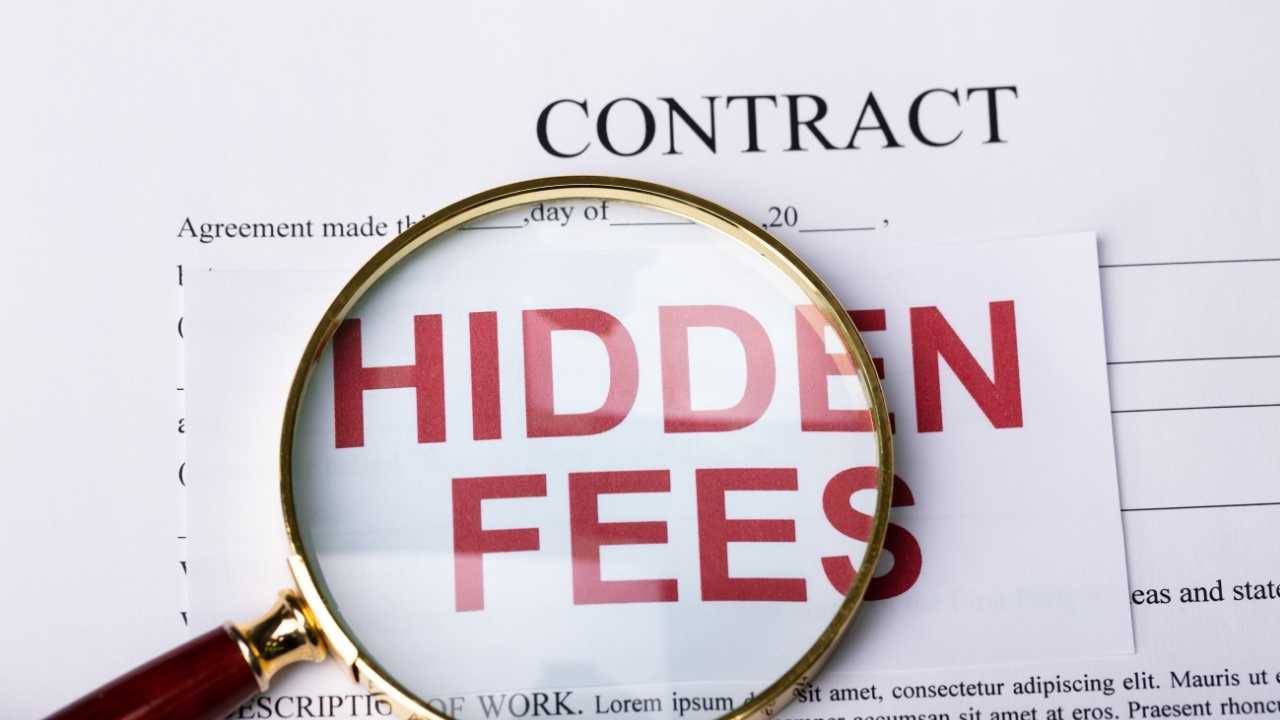The DTE 105H Income Addendum is a form used in Trumbull County, Ohio. It helps verify income for the Homestead Exemption. This program lowers property taxes for homeowners who qualify.
It’s needed for senior citizens, disabled persons, or surviving spouses. They must not have filed an Ohio income tax return. This article will help you understand the form, who can apply, and how to do it.
What is the Homestead Exemption?
The Homestead Exemption is a program in Ohio. It lowers property taxes for certain homeowners. It can save a lot of money.
For example, a $100,000 home is taxed as if it’s worth $73,800. This is because of the Homestead Exemption.
Why is the DTE 105H Form Needed?
The DTE 105H Income Addendum is used for those who didn’t file an Ohio income tax return. It helps the Trumbull County Auditor check if the applicant’s income is low enough. This makes sure only those who qualify get the tax break.
Who Qualifies for the Homestead Exemption?
To qualify, you must own and live in your home as your primary residence. This must be on January 1 of the application year. Here are the main groups that qualify:
- Seniors: You must be at least 65 years old by December 31 of the application year.
- Disabled Persons: You must be permanently and totally disabled, unable to work, as of January 1.
- Surviving Spouses: You must be at least 59 years old. Your spouse must have been receiving the exemption at the time of death.
- Disabled Veterans: You must be 100% disabled due to service-related injuries. There is no income cap for you.
Income Requirements for the Homestead Exemption
For 2025, your total household income must be $40,000 or less per year. This includes the income of you and your spouse. Disabled veterans with 100% service-related disability are exempt from this income limit.
What is the DTE 105H Income Addendum?
The DTE 105H form is used by the Trumbull County Auditor. It helps estimate income for the Homestead Exemption. It’s for those who didn’t file an Ohio income tax return.
You’ll need to list all your income sources. This includes wages, Social Security benefits, pensions, and other income.
How to Fill Out the DTE 105H Form
Filling out the DTE 105H is easy but requires careful attention. You’ll list all income sources for you and your spouse. Here’s a step-by-step guide:
- Gather Income Documents: Collect W-2s, 1099s, or other income records.
- Complete Personal Information: Enter your name, address, and Social Security number.
- List Income Sources: Include wages, retirement benefits, interest, and dividends.
- Sign the Form: Sign under penalty of perjury to confirm accuracy.
Documents Needed with the DTE 105H
You may need to submit additional documents with the DTE 105H. These help verify your income and eligibility. Common documents include:
- W-2 forms for wages
- 1099 forms for retirement or interest income
- Social Security benefit statements
- Proof of residency, like an Ohio driver’s license
How to Apply for the Homestead Exemption
To apply, you need the DTE 105A Homestead Exemption Application form. If you don’t file an Ohio income tax return, include the DTE 105H. Submit both to the Trumbull County Auditor’s Office by mail or in person.
Where to Get the DTE 105H Form
You can find the DTE 105H form on the Trumbull County Auditor’s website at trumbullcountyauditor.org. You can also get it at the Auditor’s Office in Warren, Ohio. Call first to check their hours.
Deadlines for Filing
For real property, file by December 31 of the year you want the exemption. For mobile homes, file by the first Monday in June of the year before. Missing these deadlines can delay your savings.
What Happens After You Apply?
The Trumbull County Auditor will look at your application. By the first Monday in October, you’ll get a notice. It will say if you’re approved or not. If not, it will explain why and how to appeal.
Appealing a Denied Application
If your application is denied, you can appeal. File form DTE 106B, Homestead Exemption and Owner Occupancy Tax Reduction Complaint, within 60 days. For mobile homes, file by January 31 of the next year.
Benefits of the Homestead Exemption
The exemption can greatly reduce your property tax bill. On average, homeowners in Trumbull County save about $400 a year. Disabled veterans might save even more, up to $56,000.
Special Cases: Trusts and Property Ownership
If your home is in a trust, you might qualify. The trust must be yours and give you full control of the property. Both revocable and irrevocable trusts can qualify.
Disability Requirements
To get a disability exemption, you must prove you are permanently and totally disabled. You need a form DTE 105E signed by a doctor or psychologist. Or, you can show a federal or state disability certificate.
Homestead Exemption Eligibility Criteria
| Category | Requirement |
|---|---|
| Age | 65 or older by December 31 of application year |
| Disability | Permanent and total, unable to work, certified by a physician or agency |
| Surviving Spouse | 59 or older, spouse was receiving exemption at time of death |
| Disabled Veteran | 100% service-related disability, no income cap |
| Income (2025) | $40,000 or less (except for disabled veterans) |
| Residency | Own and occupy home as primary residence on January 1 |
Common Mistakes to Avoid
When applying, avoid these errors to ensure approval:
- Missing Deadlines: File by December 31 for real property or first Monday in June for mobile homes.
- Incomplete Forms: Double-check all fields on DTE 105A and DTE 105H.
- Incorrect Income Reporting: Include all income sources for you and your spouse.
- No Proof of Residency: Submit a valid Ohio driver’s license or state ID.
How the Exemption Affects Local Communities
The state of Ohio pays back schools and local governments for lost tax revenue. So, your savings don’t hurt local services like schools or fire departments.
Income Sources for DTE 105H
| Income Type | Examples | Documentation Needed |
|---|---|---|
| Wages | Salary, hourly pay | W-2 forms |
| Retirement Benefits | Pensions, 401(k) distributions | 1099-R forms |
| Social Security | Social Security payments | SSA-1099 form |
| Interest/Dividends | Bank interest, stock dividends | 1099-INT or 1099-DIV forms |
| Other Income | Rental income, alimony | Relevant financial statements |
Tips for a Smooth Application Process
To make applying easier, follow these tips:
- Start Early: Gather documents well before the deadline.
- Double-Check Forms: Ensure all fields are filled correctly.
- Contact the Auditor’s Office: Call or visit trumbullcountyauditor.org for help.
- Keep Copies: Save copies of all forms and documents you submit.
Frequently Asked Questions
Do I need to reapply every year?
No, if you’re already approved, you don’t need to reapply unless your situation changes.
What if I don’t have income documents?
Use the DTE 105H to estimate income, but be prepared to provide supporting documents if requested.
Can I apply if my spouse isn’t 65?
Yes, if one owner is 65 or disabled and the home is your primary residence, you may qualify.
Why the DTE 105H Matters
The DTE 105H ensures fair access to the Homestead Exemption for those who don’t file tax returns. It helps the Auditor confirm eligibility without penalizing those with non-traditional income sources. This form is key to keeping the process honest and efficient.
How to Contact the Trumbull County Auditor
For questions, visit trumbullcountyauditor.org or call the Auditor’s Office at (330) 675-2420. The office is located at 160 High Street NW, Warren, OH 44481. Staff can guide you through the application process.
Conclusion
The DTE 105H Income Addendum is a vital part of the Homestead Exemption process in Trumbull County. By understanding its purpose, eligibility rules, and how to apply, you can save hundreds on property taxes. Start early, gather your documents, and reach out to the Auditor’s Office for help.




